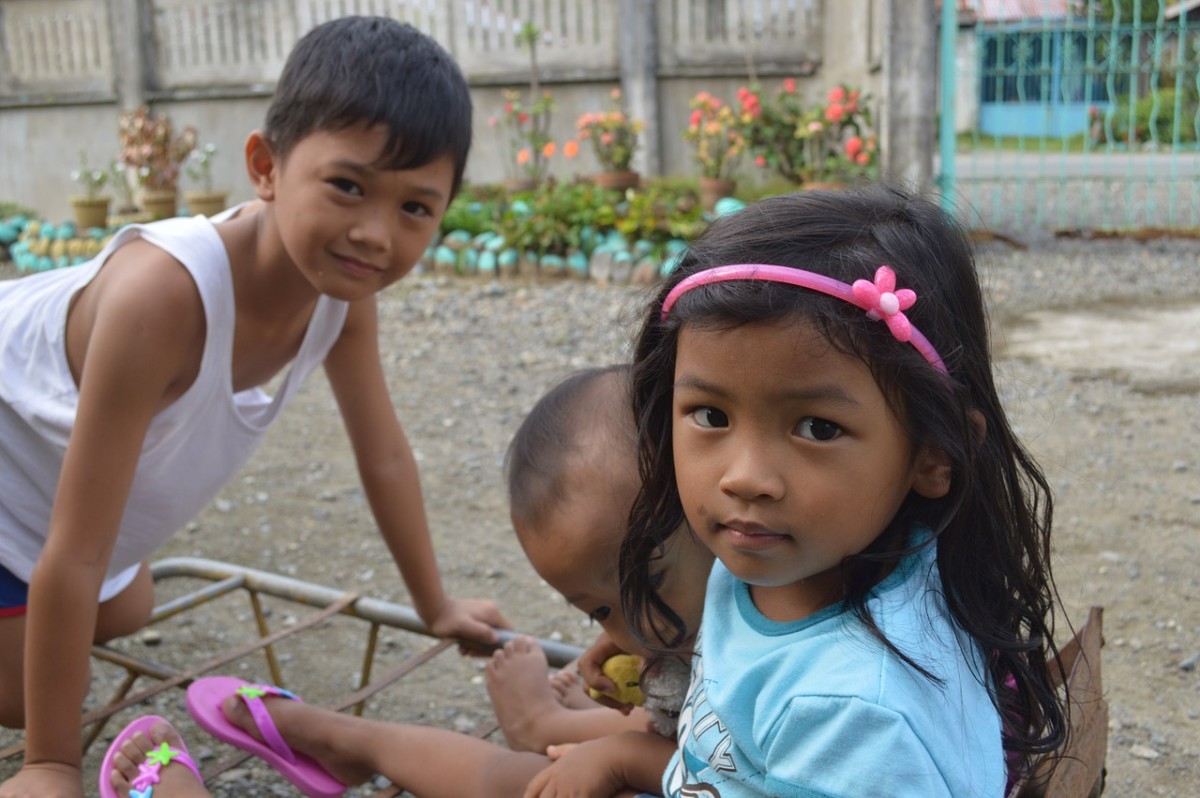Lesson 3: Filipino Family Values and Traits
The Importance of Family Values
While many values can be taught or instilled over time, they are arguably more enduring when they are picked up on their own. The formation of many values is vital to the socialization of an individual. These are often developed and nurtured by one's family, in school, and through one's environment. Some of these values may include obtaining knowledge, wisdom, and necessary skills, and then using them in your home and living out the values you acquired within the family.
The Filipino family consists of many traditional values that have been treasured and passed on for many generations already. These values are incredibly beneficial.
A List of Traditional Filipino Family Values and Traits

1. Paggalang (Respect)
- The English translation of paggalang means to be respectful or to give respect to a person.
- Filipinos are accustomed to using the words “po,” “opo,” and “ho” when they are conversing with older people or, sometimes, with those who are in a high role or a prestigious member of society. Using these words is customary in the Philippines, and it shows a sign of respect if you do so.
- Paggalang can also be shown toward your elders by kissing their hands before leaving/to say goodbye and upon arrival/to greet them.
- The younger members of the family can show respect toward older siblings by calling them kuya (older brother) or ate (older sister).
- The English translation of paggalang means to be respectful or to give respect to a person.
- Filipinos are accustomed to using the words “po,” “opo,” and “ho” when they are conversing with older people or, sometimes, with those who are in a high role or a prestigious member of society. Using these words is customary in the Philippines, and it shows a sign of respect if you do so.
- Paggalang can also be shown toward your elders by kissing their hands before leaving/to say goodbye and upon arrival/to greet them.
- The younger members of the family can show respect toward older siblings by calling them kuya (older brother) or ate (older sister).
2. Pakikisama (Helping Others)
-
- Pakikisama has the connotation of getting along with people in general.
- There is a general yearning to be accepted and well-liked among Filipinos. This applies to one and his or her friends, colleagues, boss, and even relatives. This desire is what steers one to perform pakikisama.
- The word pakikisama literally translates to "helping others." Therefore, this trait usually fosters general cooperation and performing good or helpful deeds, which can lead to others viewing you in a favorable light.
- Pakikisama has the connotation of getting along with people in general.
- There is a general yearning to be accepted and well-liked among Filipinos. This applies to one and his or her friends, colleagues, boss, and even relatives. This desire is what steers one to perform pakikisama.
- The word pakikisama literally translates to "helping others." Therefore, this trait usually fosters general cooperation and performing good or helpful deeds, which can lead to others viewing you in a favorable light.
3. Utang na Loob (Debt of Gratitude)
-
- Utang na Loob means to pay your debt with gratitude.
- With utang na loob, there is usually a system of obligation. When this value is applied, it imparts a sense of duty and responsibility on the younger siblings to serve and repay the favors done to them by their elders.
- Utang na Loob means to pay your debt with gratitude.
- With utang na loob, there is usually a system of obligation. When this value is applied, it imparts a sense of duty and responsibility on the younger siblings to serve and repay the favors done to them by their elders.
4. Pagpapahalaga sa Pamilya (Prioritizing Family)
-
- Pagpapahalaga sa Pamilya. In other words: putting importance on your family.
- This implies that a person will place a high regard on their family and prioritize that before anything else.
- For example, this is why it's not uncommon for a father or a mother in a Filipino family from the Philippines to seek employment abroad or a job they don't want just to earn a decent wage for their family. They've placed the utmost priority on meeting the family’s basic needs and toward practicing pagpapahalaga sa pamilya
- Pagpapahalaga sa Pamilya. In other words: putting importance on your family.
- This implies that a person will place a high regard on their family and prioritize that before anything else.
- For example, this is why it's not uncommon for a father or a mother in a Filipino family from the Philippines to seek employment abroad or a job they don't want just to earn a decent wage for their family. They've placed the utmost priority on meeting the family’s basic needs and toward practicing pagpapahalaga sa pamilya
5. Hiya (Shame)
-
- Hiya means shame.
- This controls the social behaviors and interactions of a Filipino. It is the value that drives a Filipino be obedient and respectful to their parents, older siblings, and other authorities.
- This is also a key ingredient in the loyalty of one’s family.
- Hiya means shame.
- This controls the social behaviors and interactions of a Filipino. It is the value that drives a Filipino be obedient and respectful to their parents, older siblings, and other authorities.
- This is also a key ingredient in the loyalty of one’s family.
Comments
Post a Comment